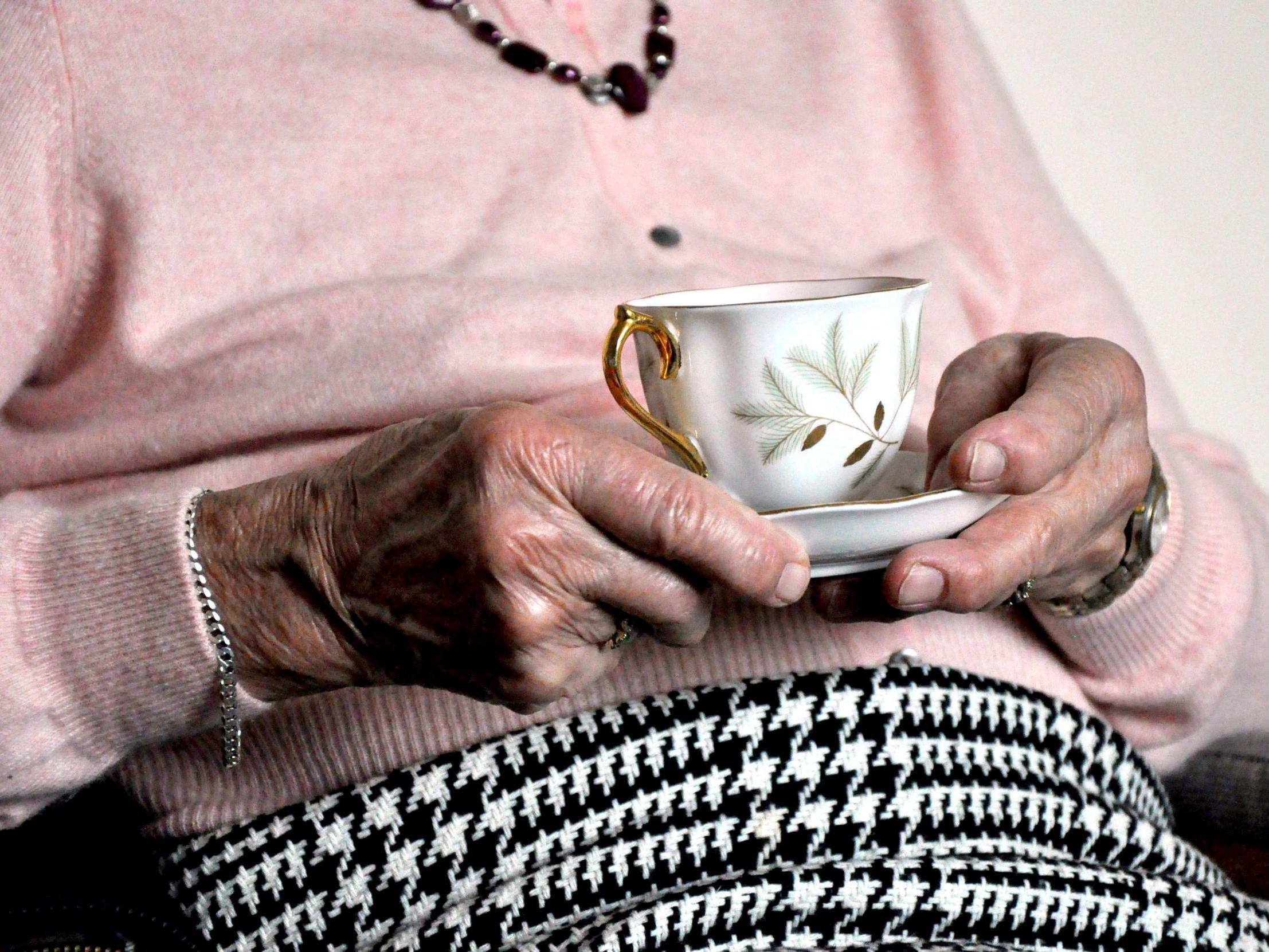Why should women do the hard, unpaid work after Brexit? Here's how we'll get men to share the burden of care
British businesses planning for a world beyond Brexit desperately need their own systems in place to support people taking leave, working from home or going part-time to care for a parent


They say a woman’s work is never done. If certain Brexiteers have their way, that might be truer than ever. According to a leaked Department of Health dossier, a no-deal Brexit would mean a disastrous shortfall in care staff, which would force women out of the office and into unpaid social care roles, looking after elderly parents.
Many were infuriated by headlines such as “Women will have to give up work after Brexit”, and are asking why men don’t have the same duty of care. Their anger, while valid, misses the point. The headlines were clumsily worded, certainly; sexist, arguably. But were they true? Absolutely.
There are an estimated 6.5 million people in the UK caring for others, 40 per cent of whom are informally looking after an elderly or sick relative. The majority of those carers are women because, with women already shouldering the burden of childcare and enduring the pain of the gender pay gap, it’s often simply more economically sensible for a woman to cut her hours in the workplace further when care responsibilities increase.
Statistically mothers are more likely to work part-time or flexibly than fathers, leaving them more time to take on the huge emotional toll of looking after an aged parent. One huge imbalance begets another, blighting many middle-aged women with a double whammy of responsibility.

Add to that the fact there are twice as many elderly women than men receiving care, of whom many might prefer being washed and intimately cared for by another woman, and you can see how some men might feel let off the hook.
So the Department of Health’s forebodings are perfectly valid. What its analysis of post-Brexit Britain’s care needs lacked, was a solution.
Under the Family and Medical Leave Act (FMLA) in the US, every employee is entitled to 12 weeks’ unpaid annual leave to look after an ageing parent. A temporary solution, perhaps, but preferable to the situation in the UK, where leave only applies in emergency situations. It does not, for example, cover driving your parent to a hospital appointment or going to their house to make sure they’re eating.
British businesses planning for a world beyond Brexit desperately need systems in place to support people taking leave, working from home or going part-time to care for a parent. The onus is also on the employer to actively encourage men to take on the work, assuaging any fears about loss of salary or promotion prospects as a result. In fact, given the elderly are a financial burden for a chronically under-resourced health system, it makes economic sense for the government to offer some sort of financial incentive – particularly to under-represented male carers – for “gran-ternity leave”.
Care work must also become a more in demand profession to tackle the shortfall of staff. If nursing and care work is consistently attracting more female applicants than male, then education and recruitment must address that, the same way STEM-based industries are doing for women. Training schemes could directly pitch to young men, who may not have considered care it as a profession.
Or why not tackle two social ills with one strategy? In the Netherlands, a nursing home has been letting impoverished students live in for free in return for spending 30 hours per month with the residents. Initiatives like this help combat the loneliness that contributes to ill health and early death. Importantly, they also demystify the true nature of caring work, and help share responsibility between the generations as well as between genders.
The prospect of a no-deal Brexit is looming large. We’re all likely to take a financial hit, even in the unlikely event of a soft Brexit. Economic history tells us that when things are bad, they are inevitably worse for women, especially women of colour and from the working class – statistically the communities which already take on a disproportionate amount of the nation’s caring work.
Now more than ever we need to address the gender imbalance in formal and informal care. If Brexit is to have one positive effect, it ought to force men to step up in ways they haven’t even imagined yet.
Join our commenting forum
Join thought-provoking conversations, follow other Independent readers and see their replies
Comments
Bookmark popover
Removed from bookmarks